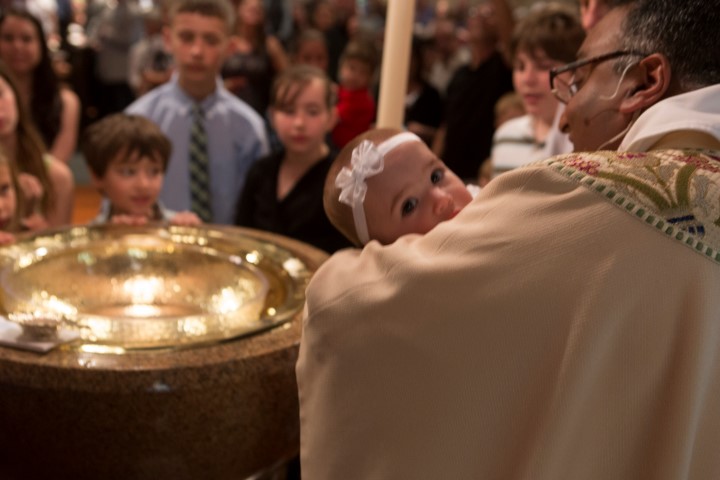Lesson 4: The Second Article of the Apostles’ Creed in Martin Luther’s Small Catechism
Luther’s explanation is a beautiful short statement of the Gospel. He conveys the unbounded joy associated with this good news by placing it in the context of an individual hearing it for the first time. All seems to have been done “for me.” There is pure relief that everything is going to be all right. […]











 Frontline Study is an online discussion of the scriptures, inviting you to share your comments and your reflections on each weekly topic. Simply click on the "Add Reply" text at the top of each post to see what others have posted and to add your thoughts.
Frontline Study is an online discussion of the scriptures, inviting you to share your comments and your reflections on each weekly topic. Simply click on the "Add Reply" text at the top of each post to see what others have posted and to add your thoughts.